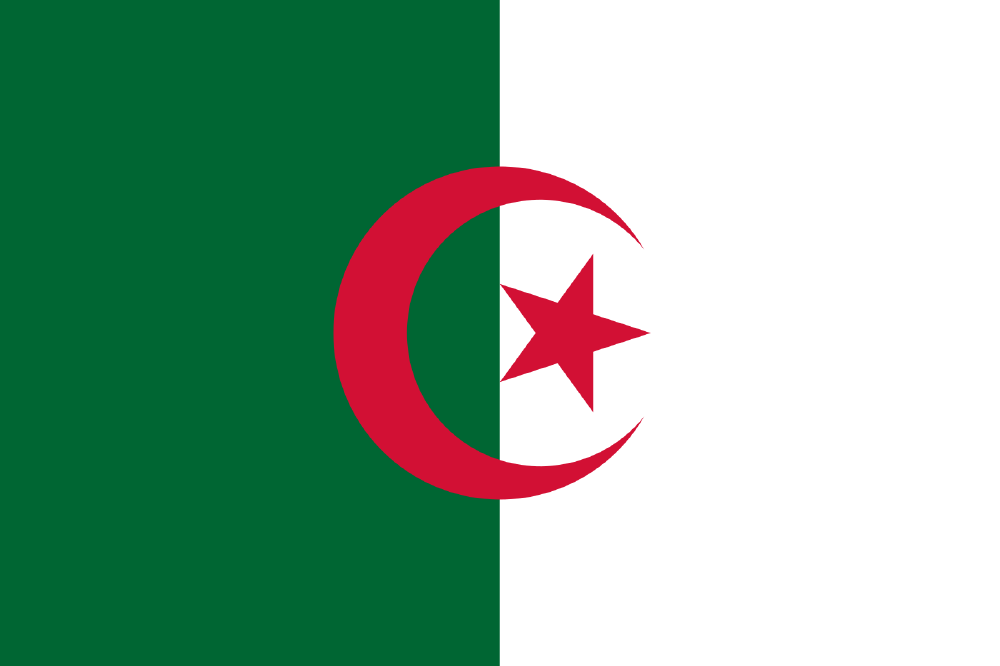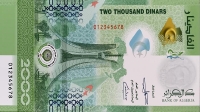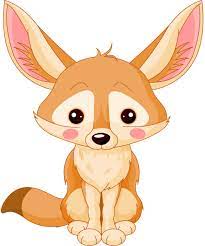⚠️ Not affiliated with government ⚠️
Prime Minister: Aymen Benabderrahmane
Minister of Interior and Local Government: Brahim Merad
Minister of Foreign Affairs: Ahmed Attaf
Minister of Justice and Keeper of the Seals: Abderrachid Tabbi
Minister of Finance: Laaziz Fayed
Minister of Energy and Mines: Mohamed Arkab
Minister of War Veterans (Moudjahidine) and Rights Holders: Laid Rebiga
Minister of Religious Affairs and Endowments (Wakfs): Youcef Belmehdi
Minister of National Education: Abdelhakim Belabed
Minister of Higher Education and Scientific Research: Kamel Bidari
Minister of Vocational Education and Training Professionals: Yacine Merabi
Minister of Culture and Arts: Soraya Mouloudji
Minister of Youth and Sports: Abderrahmane Hammad
Minister of Digitization and Statistics: Meriem Benmiloud
Minister of Post and Telecommunications: Karim Bibi Triki
Minister of National Solidarity, Family and Women's Affairs: Kaoutar Krikou
Minister of Industry: Ahmed Zeghdar
Minister of Agriculture and Rural Development: Mohamed Abdelhafid Henni
Minister of Housing, Urban Planning and the City: Mohamed Tarek Belaribi
Minister of Trade and Export Promotion: Tayeb Zitouni
Minister of Communications: Mohamed Bouslimani
Minister of Public Works and Basic Infrastructure: Lakhdar Rakhroukh
Minister of Transport: Youcef Chorfa
Minister of Irrigation: Taha Derbal
Minister of Tourism and Handicrafts and Family Work: Mokhtar Didouche
Minister of Health, Population and Hospital Reform: Abdelhak Saihi
Minister of Labor, Employment and Social Security: Fayçal Bentaleb
Minister of Relations with Parliament: Basma Azouar
Minister of Environment and Renewable Energy: Faiza Dahleb
Minister of Fishing and Fishery Productions: Ahmed Bidani
Minister of Pharmaceutical Industry: Ali Aoun
Minister of Knowledge Economy, Start-ups and Micro-enterprises: Yacine Oualid
Deputy Minister of Statistics and Forward Planning: Bachir Messaitfa
Deputy Minister for Sahara Agriculture and Mountains: Foued Chehat
Deputy Minister for Foreign Trade: Aïssa Bekkai
Deputy Minister for Saharan Environment: Hamza Al Sid Cheikh
Secretary of State for Youth and Sports: Salima Souakri
Secretary of State for Film Industry: Bachir Youcef Sehairi
Secretary General of the Government: Yahia Boukhari
Deputy Minister for Incubators: Yacine Oualid
Secretary of State for National Community and Experts Abroad: Rachid Bladehane
Secretary of State for Cultural Production: Salim Dada


















